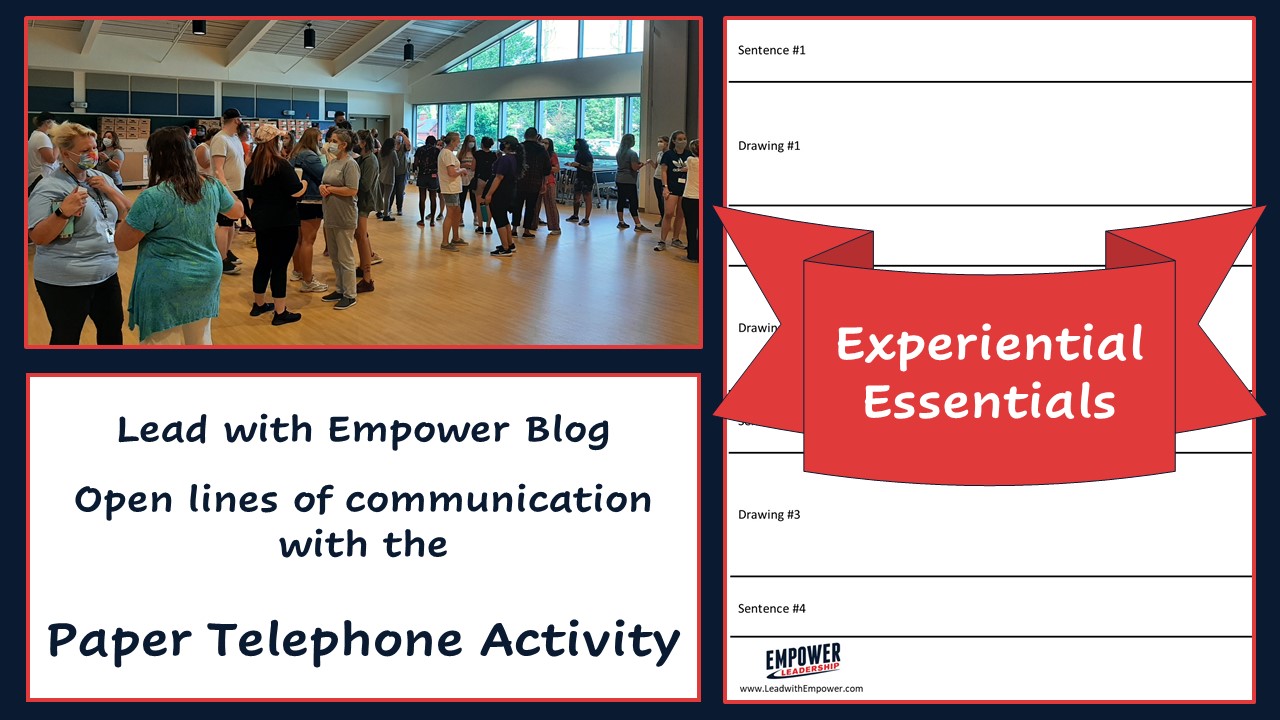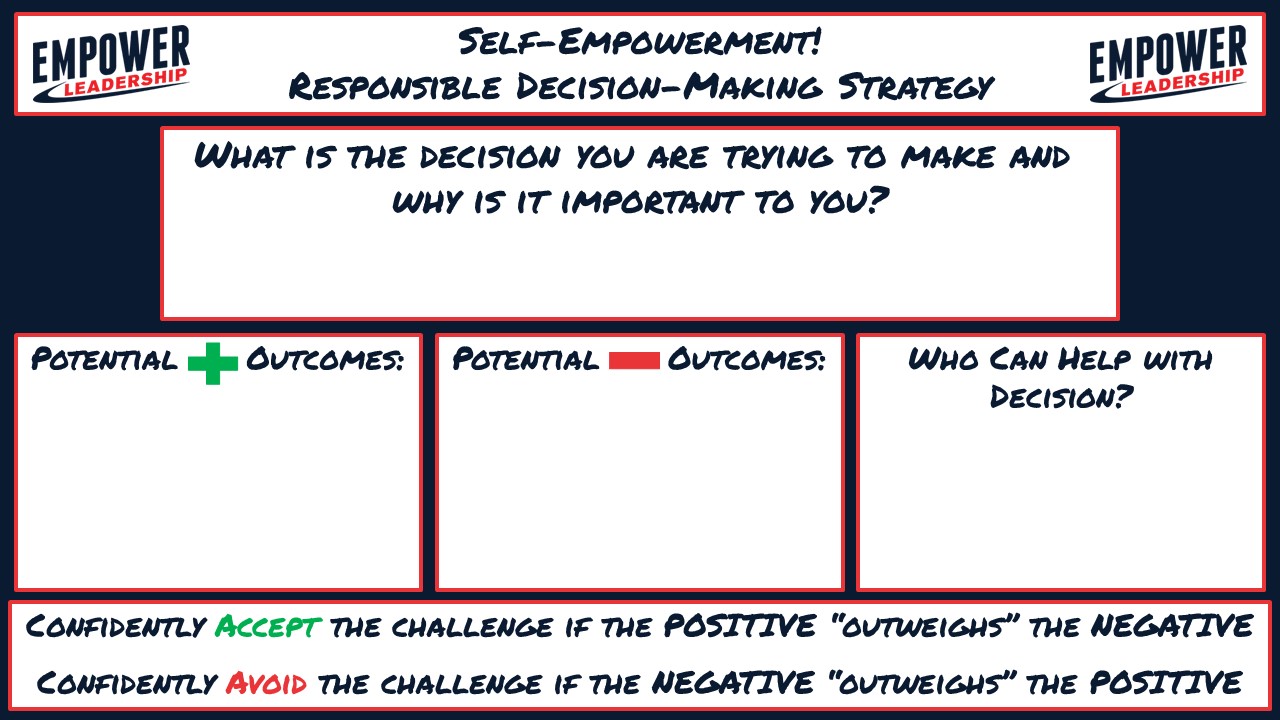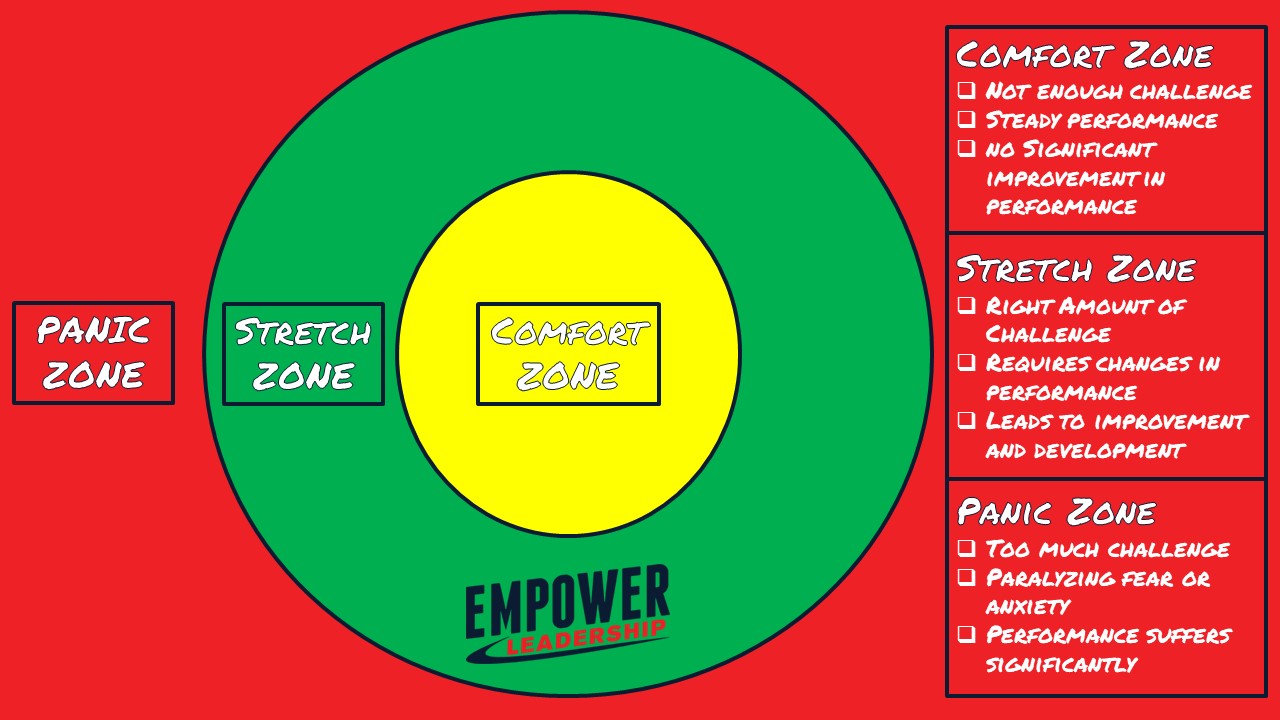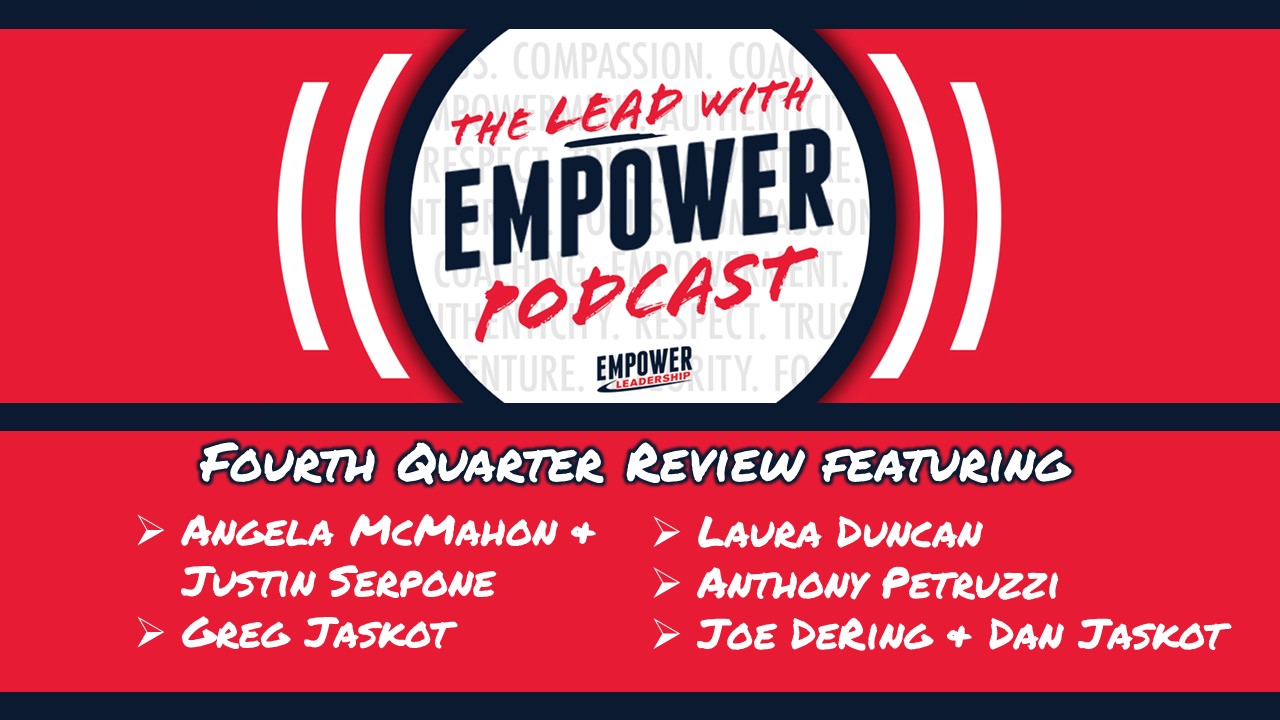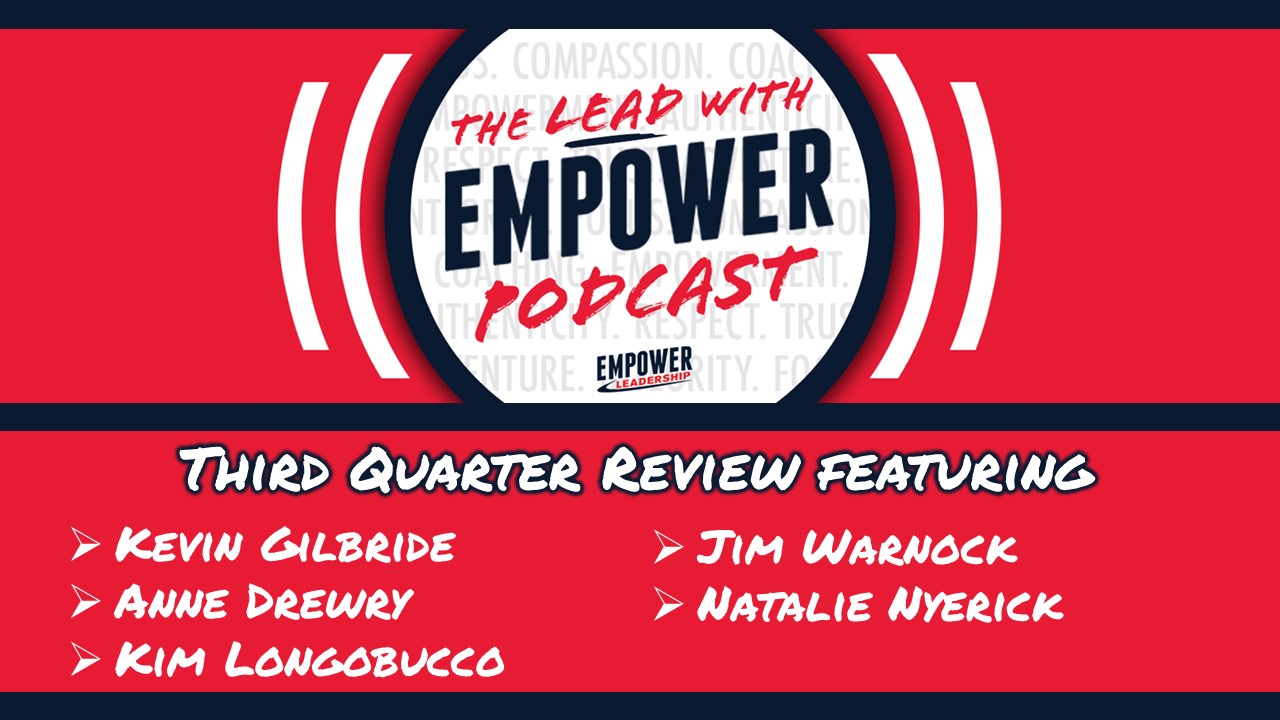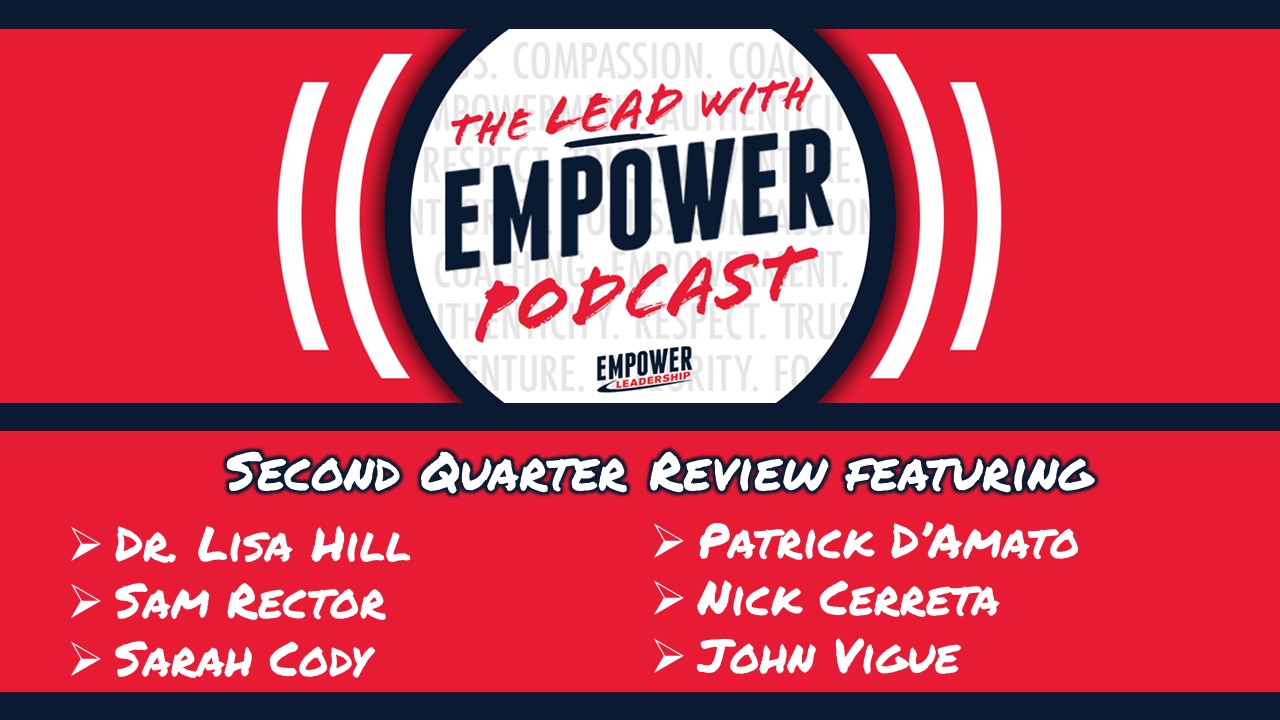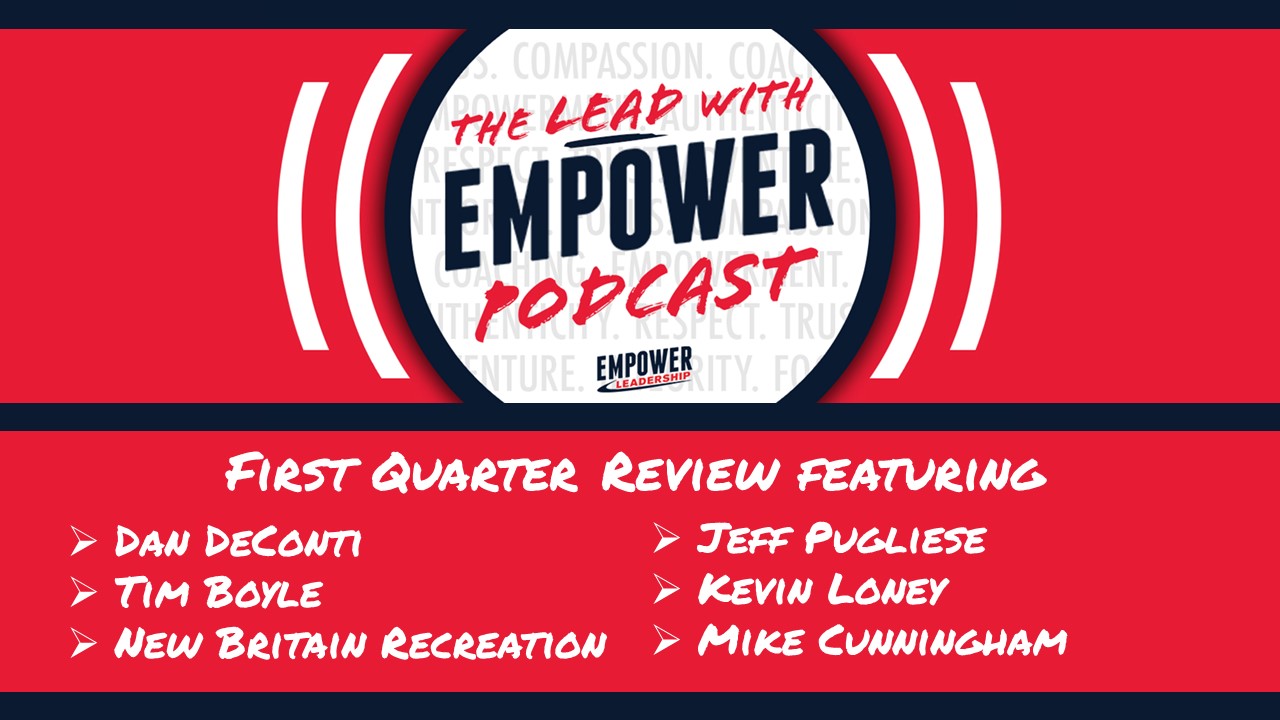OVER STIMULATION – DO AS I SAY, NOT AS I DO!
The attributes and traits to become a great leader are debatable. Some readers believe leaders are born, while others tend to believe leaders are made. However, one cannot dispute that the road to successful leadership takes hard work, determination, and constant refinement. Great leaders understand how to adapt and overcome obstacles, never accepting failure as an option. At least, that’s what we are taught to believe!
Leadership Self-Reflection
Have you ever taken the time to hear yourself? Great leaders place themselves at friction points, championing their group/team to overcome or foresee particular obstacles. They use cool quotes, movements, and communication to increase their sphere of influence. Have you ever heard a leader say the following?
- Push Yourself
- Never quit….Don’t Give Up
- Have a plan or strategy
- Think Before You Act
- Utilize Your Team–Learn to Delegate
Practicing What You Preach?
If the reader has ever played a team sport or worked with a group, they will acknowledge hearing these statements/phrases/affirmations spewed by their team captain/leader. Did you notice said individual(s) rarely practice what they preach. A leader may share tip(s) on how to become effective and efficient in the performance of a particular duty, but rarely hold themselves accountable in line with the same
requirements they requested of you. Why, the reader may ask? One could argue that overstimulation is the destroyer of reasoning, strategy, effective communication, and the ability to hold oneself, and others, accountable.
Take a deep breath before you act. As a leader, you know the requirements to complete the task. Good leaders understand the pitfalls, friction points, and where they need to be to effectively lead their team. Nevertheless, when they listen to the naysayers (negative or conflicting responses), or become overstimulated– their action(s)/response(s) will place themselves and others in harm’s way.
Identifying “the Storm”
A team member/follower/opposing party will encourage a leader to abandon their course of action or downplay the requirements to complete a specific task and/or action. Now, the leader may feel compelled to prove said individual(s) wrong! Even the best leader may demonstrate a willingness to abandon logic and reasoning, along with those key leadership attributes and traits they demand from people under their sphere of influence. As the leader’s heart rate increases, their senses begin to heighten, and they are ready to complete the task–snap decision! The latter is detrimental to their success and often leads to failure. A great leader never tries to prove a point out of spite and are rarely sold on their plan/viewpoint, alone. Over stimulation distorts one’s ability to think rationally or perform in line with expectations, strategy, and/or basic leadership tenants they demand from others. Great leaders take a deep breath, practice what they preach, acting cautiously with certainty and confidence. Great leaders learn to manage over-stimulation, and understand how it clouds their judgment. Take a deep breath, think about what you would demand and request of others. Practice what you preach!
Press the Pause Button!
Did you hear yourself? Prior to speaking aloud, make a journal entry, memorandum, and/or mental note. Think before you act or speak! When a person becomes overstimulated, they begin to act on their emotions. There’s nothing more detrimental to leadership than to allow your emotions (solely) to dictate your response . Great leaders are located at the tip of the sphere, which means there will be a lot of eyes focused on their ability/inability to successfully complete an endeavor. Some individuals will follow their lead, while others will look for opportunities to embarrass, dissuade, destroy, and/or decrease said individuals’ sphere of influence. Various situations dictate why said individual(s) may want a leader to fail, but your inability to control your emotions will ultimately lead to destruction. Great leaders converse with individuals to identify friction points, provide solutions/recommendations–they do not seek out opportunities to manipulate situations and outcomes through emotions and hearsay; generated through over stimulation.
Quiet the Storm
Want to “quiet the storm” around your ability to lead effectively? Ask yourself the following questions and perform a bit of self-reflection before you act!
- Am I Practicing What I Preach?
- Am I Acting out of Emotions?
- What point(s) am I Trying to Prove?
- Am I Over Stimulated?
- Do I need to Remove Myself from the Situation?
Over stimulation will turn a leader into a hypocrite, while consistency, proper assessment and control ensures one’s integrity and sincerity remains intact.




